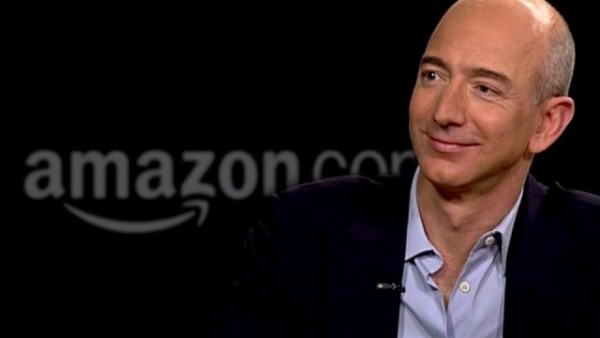Amazon has recently launched their very own grocery store, Amazon Go. Their flagship location in Seattle features no check-outs and hopes to put the spotlight on the new, hassle-free shopping experience. The 1,800-square foot shopping space is currently limited to just the retail giant’s employees during the store’s beta program. It is expected to go public sometime in early 2017.
Shopping without having to wait in line at the check-out counter sounds quite advantageous, but will it really be all it’s cracked up to be? Perhaps not. After all, convenience comes with a price – and in this case, that price might just be your privacy.
In order to use the Amazon Go store, you will have to download and install the Amazon Go app. From there, you sign in with your account credentials, and go about your business. You simply take the items you want off the shelves, put them in your bag and walk out. It’s not entirely clear how the app or the company will separate shoplifters from Amazon Go users. It’s likely that facial recognition technology is used to match you with your account – but either way, many feel that Amazon Go represents a substantial step forward into the future of the offline shopping experience. The real question is, what kind of future are we stepping into?
The store, and the shelves, come fully loaded with “computer vision, sensor fusion, and deep learning.” This means that the store can detect when items are removed and placed back onto the shelf. After you leave the store, your account is charged. So, essentially, the store itself actually watches and tracks you to see what you are buying, and then it charges your account when you leave with what you’ve picked out. It also sounds a little bit like the store can pick up on your shopping habits too. “Deep learning” is a rather concerning term; who do you think they want to learn about, and why?
Amazon maintains that the development of Amazon Go comes from nothing but the purest intentions. They explain:
Four years ago we asked ourselves: what if we could create a shopping experience with no lines and no checkout? Could we push the boundaries of computer vision and machine learning to create a store where customers could simply take what they want and go?
Our answer to those questions is Amazon Go and Just Walk Out Shopping.
Installing an app is bad enough; many apps take in far more information than most people realize. For example, many apps will access and upload your contact lists and address books, and sell that information to other parties. The collection and sale of personal information is becoming increasingly common, especially among free apps – after all, that is a primary way for them to make money. There are plenty of other ways to invade personal privacy through cellphone apps – location tracking, for instance.
When it comes to Amazon, they are no strangers to privacy invasion. In addition to their new Big Brother-style store, the company has also recently launched the Amazon Echo – the home robot that hears just about everything you say and do. Alexa is the name given to the Amazon Echo, described as your own robotic personal assistant. Unlike its competitors, such as Apple’s Siri or Microsoft’s Cortana, the Echo is it’s very own device. It sits in your home, waiting for your command. All you have to do is say, “Alexa” and the device turns on and speaks. However, the device supposedly streams audio for “a fraction of a second” before the “wake word” is even spoken, and continues to stream audio until the request is “fulfilled.” The device also uploads an undisclosed amount of personal data to Amazon’s servers. What for? Who knows. And while you can delete the audio files from the app for Alexa, it is not clear whether or not doing so also purges your personal information from the company’s servers.
So, Amazon can listen to you at home, and watch you while you go grocery shopping. What will they think of next?
Sources:



